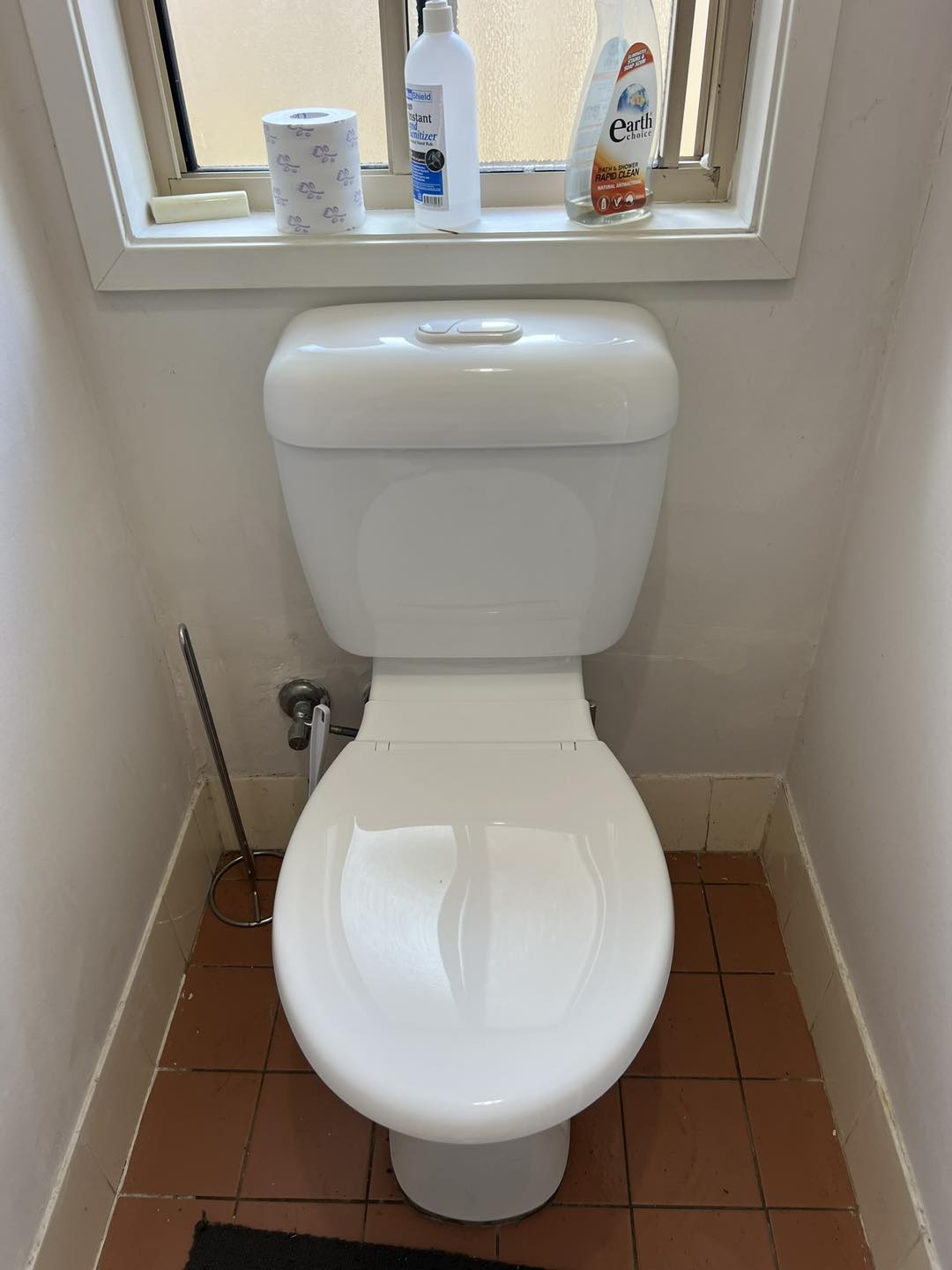At Murflow Plumbing, based in Kemps Creek, we frequently receive questions from homeowners about blocked toilets. Below are answers to the most common queries we encounter regarding toilet blockages. Our aim is to help you understand the causes, possible solutions, and when it’s time to call in a professional plumber.
1. Why is my toilet draining slowly?
A slow-draining toilet is often a sign that a blockage is starting to form. If your toilet bowl fills up when you flush and takes time to drain, it’s a partial obstruction in the pipes. It’s crucial to address this promptly before it becomes a full blockage. Delaying repairs can result in raw sewage backing up into your home, creating both health hazards and costly damages. At Murflow Plumbing, we recommend calling us as soon as you notice slow drainage to avoid further complications.
2. How to unblock a toilet?
The method for unblocking a toilet depends on the cause of the blockage. If it’s a simple clog, such as excessive toilet paper, using a plunger can solve the issue. However, if tree roots have entered the outside sewer lines, more specialized equipment, like a jet blaster, will be necessary. For effective toilet unblocking, contact a professional plumber at Murflow Plumbing who will quickly assess the situation and apply the appropriate solution.
3. How much does it cost to unblock a toilet?
Toilet unblocking costs vary based on the type and location of the blockage. A simple blockage that requires plunging typically costs between $150 and $200, including the call-out fee. More complicated blockages that require advanced equipment, like a jet blaster, can cost anywhere from $300 to $400 for the first hour. If a collapsed sewer pipe is the issue, the cost can be significantly higher, depending on the extent of the damage. Murflow Plumbing offers competitive pricing for all toilet unblocking services.
4. How to unclog a toilet with baking soda or bicarb soda?
While we don’t generally recommend using baking soda or bicarb soda for toilet blockages, it can work for minor clogs. The combination of baking soda and vinegar may help break down small blockages. Pour half a cup of baking soda into the toilet followed by half a cup of vinegar. Let it fizz for an hour, then flush with hot (not boiling) water. However, this method is more effective for kitchen drains than toilets. For serious clogs, it’s always better to call in a professional plumber.
5. What drain chemicals are best for blocked toilets?
At Murflow Plumbing, we strongly advise against using chemical drain cleaners to fix toilet blockages. These chemicals can cause damage to your pipes, irritate your skin, eyes, and throat, and are harmful to the environment. While some may seem like a quick fix, chemical cleaners often don’t fully clear the blockage and can create bigger issues. We recommend using a toilet plunger or contacting us to help with your blockage safely and efficiently.
6. Can you flush tampons down the toilet?
No, tampons should never be flushed down the toilet. These items are not designed to break down in water and can easily get lodged in the pipes, causing blockages. The same applies to sanitary products and other non-flushable items. Repeatedly flushing such items can lead to expensive plumbing repairs. Always dispose of tampons and other similar products in the bin.
7. Can you flush paper towels down the toilet?
Paper towels, or kitchen roll, should never be flushed down the toilet. While they’re designed to be absorbent, they don’t break down in water like toilet paper. Flushing paper towels can quickly lead to blockages in your toilet and plumbing system. To avoid unnecessary plumbing issues, always dispose of paper towels in the trash.
8. Can you flush wet wipes down the toilet?
Wet wipes, even those labeled as “flushable,” are not suitable for flushing. They don’t disintegrate like toilet paper and can easily clog the pipes. Wet wipes are responsible for a significant number of sewer blockages. At Murflow Plumbing, we recommend placing all wipes, including baby wipes and makeup wipes, in the bin to avoid costly blockages and potential plumbing damage.
9. What plunger should you use for a clogged toilet?
To unblock a toilet, it’s essential to use the right type of plunger. The best option is a flange plunger, which is designed specifically for toilet drains. This plunger provides a better seal than a regular cup plunger and is more effective in clearing toilet blockages. If you need a professional opinion on plungers or need assistance with your toilet blockage, Murflow Plumbing is here to help.
10. How to plunge a blocked toilet?
To plunge a toilet effectively, start by ensuring that the plunger is sealed tightly over the drain hole. Push vertically with quick, forceful movements without lifting the plunger out of the hole. Repeat the motion until the toilet begins to drain. Once it starts draining properly, flush the toilet to check if the blockage is fully cleared. If this method doesn’t work, call Murflow Plumbing for expert assistance.
11. How to unblock a toilet without a plunger?
If you don’t have a plunger on hand, there are alternative methods you can try. You can use a toilet brush or a straightened wire coat hanger wrapped in a plastic bag as a makeshift plunger. Apply forceful up-and-down movements to create a seal over the drain opening, similar to using a plunger. If these methods fail, don’t hesitate to contact Murflow Plumbing to tackle the blockage.
12. How to get rid of drain flies in the toilet?
Drain flies are attracted to organic matter that accumulates in your pipes. They lay their eggs in the sediment, which leads to the larvae feeding on it. To eliminate drain flies, it’s crucial to clean your drains thoroughly. Using a mixture of baking soda, vinegar, and hot water can help, but the best solution is to have your drains professionally cleaned by Murflow Plumbing to remove all sediment and prevent future infestations.
13. Do tenants or landlords have to pay to repair a blocked toilet at a rental property?
Generally, landlords are responsible for covering the cost of blocked toilet repairs in rental properties. However, tenants must ensure they don’t cause the blockage through negligence, such as flushing non-flushable items like tampons or wet wipes. If a blockage is caused by the tenant’s actions, they may be liable for the repair costs. Murflow Plumbing can assist with any blocked toilet issues in rental properties across Kemps Creek and the surrounding areas.
Call Murflow Plumbing for Your Blocked Toilet and Drain Solutions
If you’re experiencing any of these toilet issues or need professional help with a clogged toilet, Murflow Plumbing in Kemps Creek is here to assist. Our expert plumbers are equipped with the right tools to tackle any plumbing issue efficiently and effectively. Call us today for a fast response and quality service!



